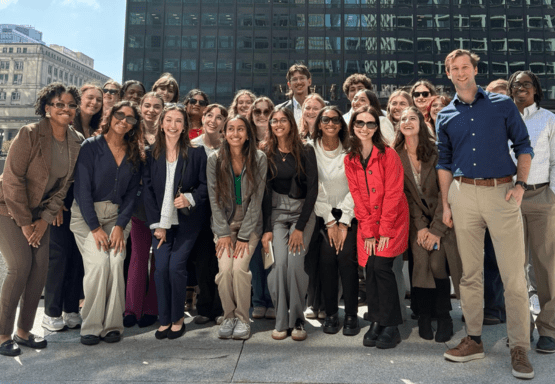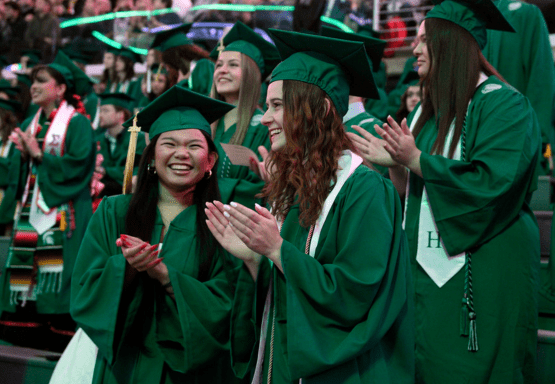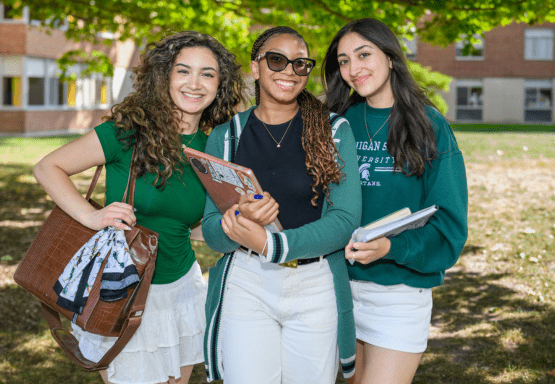For an archival scholar, the dive into the unknown must be both daunting and exhilarating. What strategies does one employ when visiting a massive body of work, studying pieces of a puzzle without a completed picture to guide?
From Jan. 27-Feb. 9, Salvador Vidal-Ortiz, the Inaugural Stephen O. Murray Scholar in Residence in James Madison College, was on MSU’s campus for the first time to begin exploring the Stephen O. Murray and Keelung Hong Special Collections, housed in MSU Libraries.
Stephen Murray (’72) was a James Madison alumnus who passed away in 2019. He became a sociologist and anthropologist. He is remembered by many as an independent scholar, activist, partner and friend. But these are merely labels — words that identify Murray’s various roles but hardly scratch the surface of who he was and the meaning of his scholarship.
Unpacking the archives with the overarching question, “Who was Stephen O. Murray?,” was central to Vidal-Ortiz’s public lecture on Feb. 8. Titled “Multiple layers of curating an archive,” Vidal-Ortiz presented on his initial dive into the archives. He organized his presentation by identifying a three-part approach: The Scholar, Traces and the Meaning of Evidence.
“The time in residence will be spent tracing what can be learned from Murray’s legacy,” said Vidal-Ortiz, who is also an associate professor at American University.
Presenting to a small group assembled in Club Spartan and approximately 30 virtual attendees via livestream, Vidal-Ortiz shared what the archives reveal about Murray’s life.
“I did not plan to write or research Murray’s life or biography; instead, I was interested in the Sociologists Gay Caucus of which Murray was a founding member and other organizations he was very invested in sustaining,” Vidal-Ortiz said.
Having only explored a third of the archives during this first visit, Vidal-Ortiz has much more to unpack both literally and figuratively. As a scholar whose research focuses on the intersectionality of race, sexuality, gender, migration and religion, having the opportunity to be the first to explore Murray’s life’s work bears significant responsibility to maintain as much objectivity as possible.
“I do not want my interpretations to be viewed as facts, but more as perceptions,” said Vidal-Ortiz.
During the Q&A session, JMC Dean and MSU Foundation Professor Cameron Thies asked about the process of exploring archives, specifically how one suspends judgements as a researcher and scholar.
Vidal-Ortiz explained his process includes going through iterations of what certain pieces mean, taking notes from different viewpoints, attempting to experience the archives as different people in Murray’s life and, when all else fails, taking a break and returning to some of the content later.
Peter Nardi, Emeritus Professor of Sociology at Pitzer College, attended the lecture virtually. A friend of Murray’s through the American Sociological Association and the Sociologists’ Gay Caucus (now known as the Sociologists’ LGBTQ Caucus), Nardi described Murray as an extraordinary scholar who was more of an observer, spending much of his time listening and thinking. When Murray shared his observations and opinions, they were expressed with firmness that, at times, were perceived as sharp or even caustic.
“Steve was a complex person. No one journal entry or visit to the archives can capture who he was,” Nardi said.
Murray’s name is widely known in sociology and anthropology circles, largely for his publications on homosexuality. Nardi called Murray “one of the pioneers” to address issues surrounding sexuality and LGBT issues.”
“It was really quite remarkable how much Salvador was able to uncover given the short period of time,” said Nardi, “Hopefully, [the archives] will become a good resource for students who want to do research in the field.”
When asked what he hopes will come from the scholarship of the residency, Nardi said, “Steve’s work established a baseline for what people in certain subfields of sociology and anthropology know and work on. Studying the way he looked at something may make an impact — the research he did and how he did it. Maybe they’ll see this as a jumping off point to inspire future scholarship of what was once taboo as a sustainable topic of research.”
Vidal-Ortiz returns for his second visit to campus March 28 and will be hosting multiple academic workshops April 4-5 with a symposium open to the public, featuring a panel of visiting scholars on April 4 from 1:30-5 p.m.
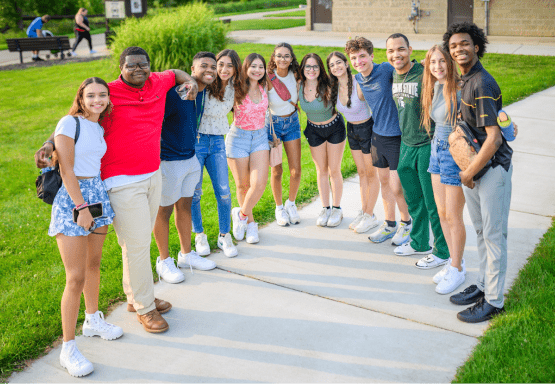
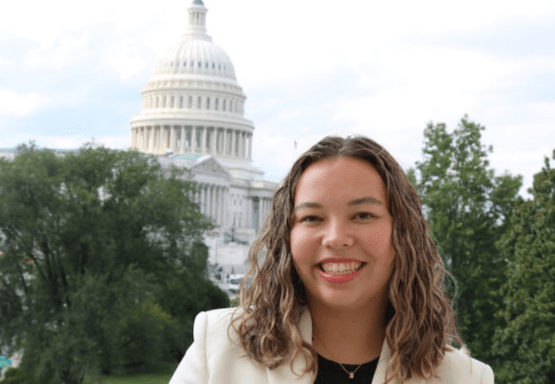
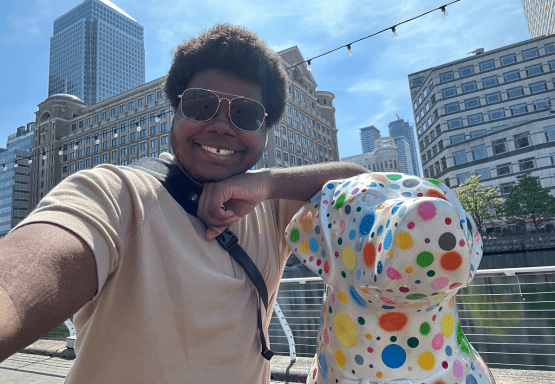
.png?h=384&iar=0&w=555)
